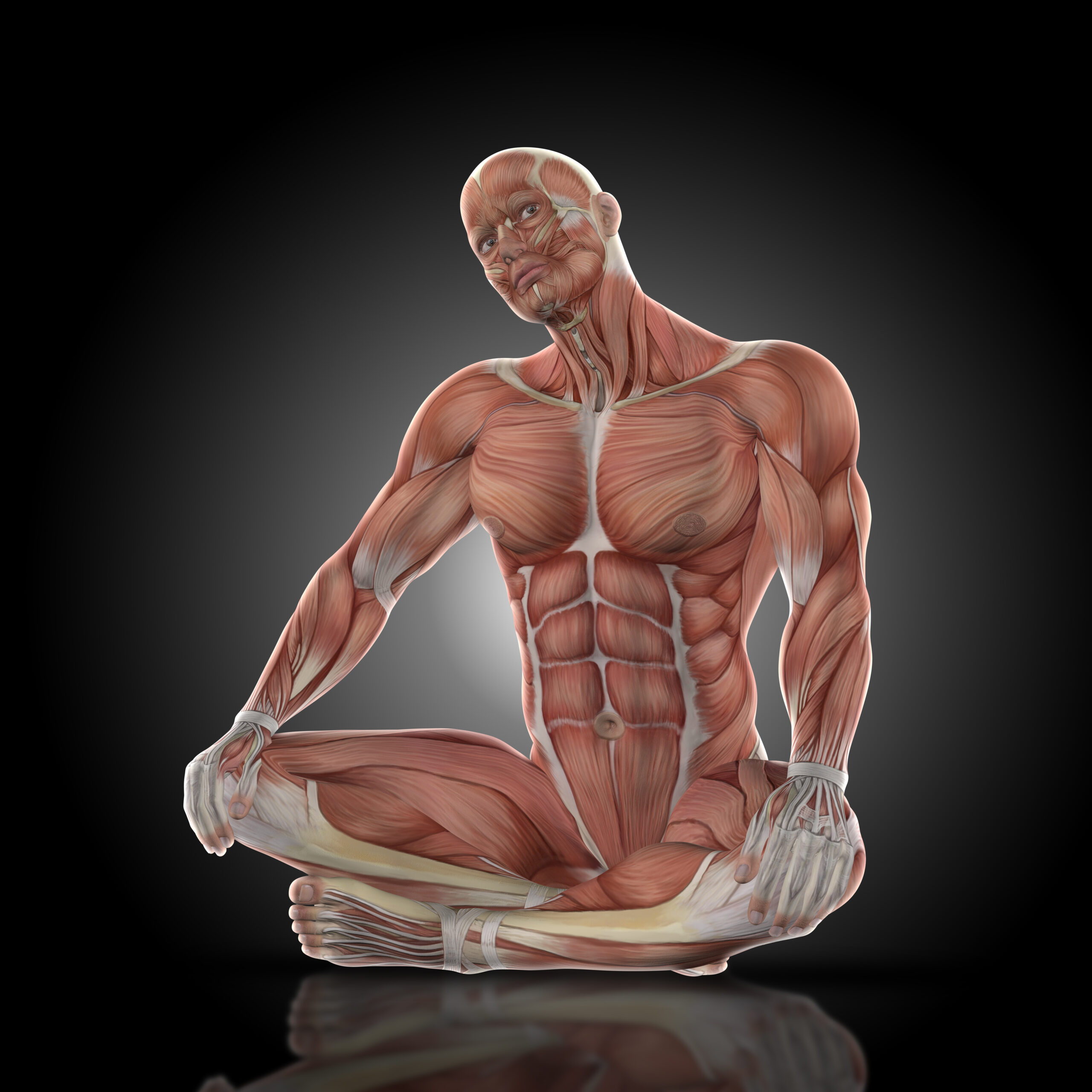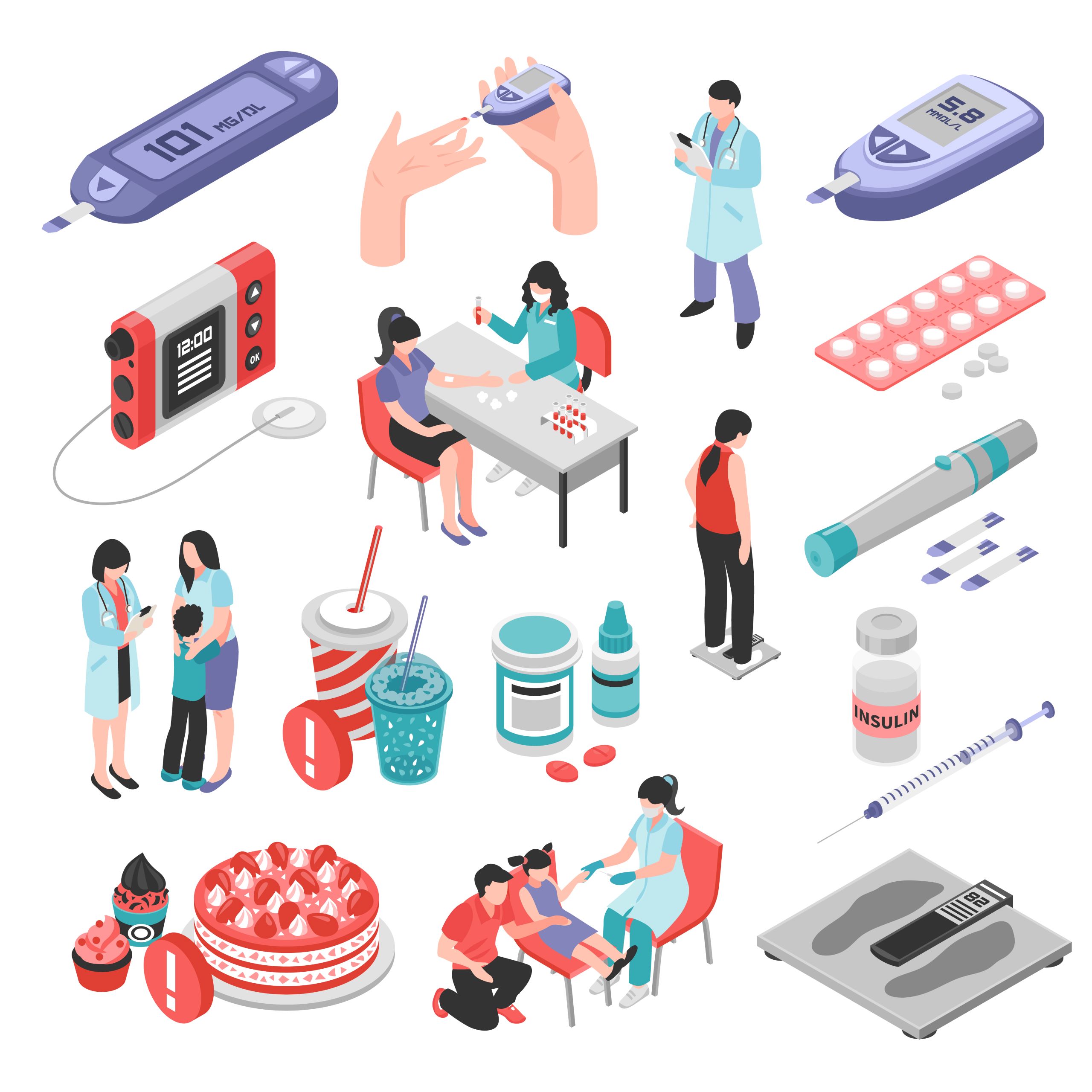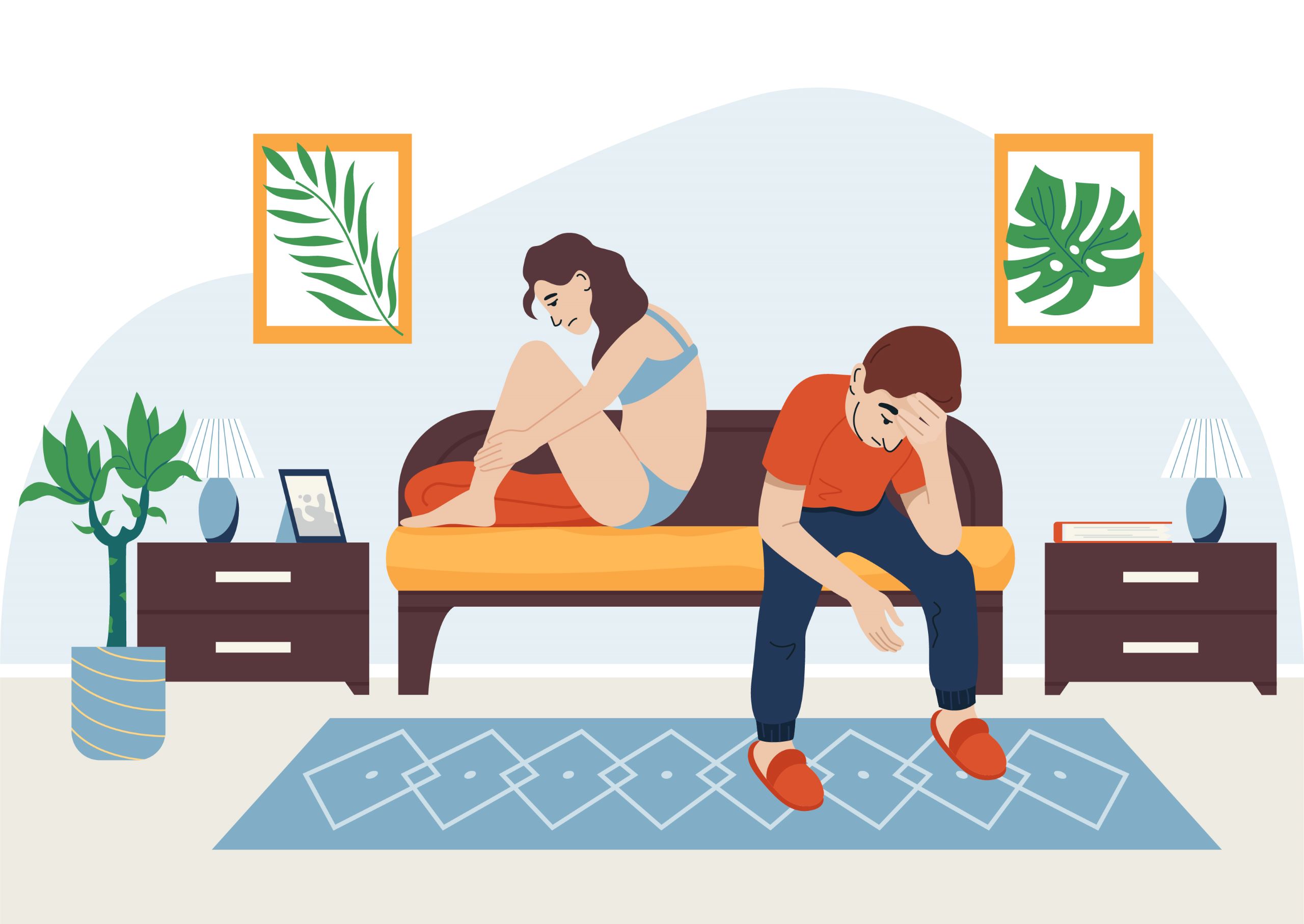Erectile Dysfunction (ED)
The inability to obtain or sustain an erection strong enough for fulfilling sexual performance is known as erectile dysfunction (ED), sometimes referred to as impotence. It is a widespread condition that affects males of all ages, but as men age, it becomes more common. Relationships, self-esteem, and quality of life can all be greatly impacted by ED. Effective management requires an understanding of the causes, symptoms, treatments, and preventative measures.

Causes
There are both physical and psychological variables that can contribute to ED. Typical reasons include:
Physical Causes:
Cardiovascular Diseases: Blood flow to the penis can be restricted by diseases such atherosclerosis, or the hardening of the arteries.
Diabetes: Elevated blood glucose levels have the potential to harm erection-regulating blood vessels and neurons.
Neurological Disorders: Conditions like Parkinson’s disease, multiple sclerosis, and spinal cord injuries can interfere with nerve signals.
Hormonal Imbalances: Low testosterone or other problems related to hormones.
Medications: Certain medications, including antihypertensives, antidepressants, and antipsychotics, can cause ED.
Lifestyle Factors: smoking, binge drinking, being overweight, and not exercising enough.

Psychological Causes:
Stress and Anxiety: Sexual function might be hampered by performance anxiety and emotional stress.
Depression: can cause ED and reduce sexual desire.
Relationship Issues: Relationship tension, disagreement, and poor communication can all lead to ED.

Risk Factors
- Age: As people age, their risk of ED rises.
- Medical Conditions: Long-term ailments such diabetes, hypertension, and heart disease.
- Lifestyle Options: Drinking too much alcohol, smoking, and leading a sedentary life.
- Relationship problems, stress, anxiety, and depression are examples of psychological factors.
- Medication: Some medications may make ED more likely.
Symptoms
- Having trouble getting an erection
- inability to sustain an erection during intercourse
- A decrease in libido or sexual desire

Diagnosis
- Medical History and Physical Examination: The medical history, physical examination, and symptom assessment.
- Blood tests: To look for hormone imbalances, diabetes, or heart disease among other underlying medical disorders.
- Urine Tests: To check for diabetic symptoms and other underlying medical issues.
- Ultrasonography: To assess the penis’s blood supply.
- Psychological Evaluation: Determining psychological elements like depression, anxiety, or stress.

Treatment
Medications:
Oral Medications:
Phosphodiesterase Type 5 (PDE5) Inhibitors:
Sildenafil (Viagra): Taken about an hour before sexual activity.
Tadalafil (Cialis): Can be taken daily or as needed; lasts up to 36 hours.
Vardenafil (Levitra, Staxyn): Taken an hour before sexual activity.
Avanafil (Stendra): Taken 15-30 minutes before sexual activity.
Testosterone Replacement Therapy: For men with low testosterone levels.
Alprostadil:
Intracavernosal Injection: Injection directly into the penis.
Intraurethral Suppositories: Inserted into the urethra.
Non-Medication Treatments:
- Changes in Lifestyle: Giving up smoking, drinking less alcohol, becoming in shape, and doing more exercise.
- Psychotherapy: For mental health issues including depression, anxiety, or stress.
- Vacuum Erection Devices (VEDs): A mechanical apparatus that draws blood into the penis to induce an erection.
- Men who don’t respond to conventional therapies may consider penile implants as a surgical option.
- Vascular Surgery: For males who have issues with the penis’s blood supply.
Alternative Treatments:
Herbal supplements: Although their safety and efficacy aren’t always well established, some examples of these include ginseng and yohimbine.
Acupuncture: Could lessen anxiety and aid with ED symptoms.
Prevention
A healthy lifestyle includes eating a balanced diet, getting regular exercise, abstaining from tobacco use, and consuming little or no alcohol.
Frequent check-ups: Keep an eye on and take care of long-term health issues like diabetes, heart disease, and high blood pressure.
Mental Health: Use relaxation methods or treatment to control stress, anxiety, and depression.
Open discussion regarding sexual health and relationship problems with a partner is essential.
Medication Management: Go over possible drug side effects with a medical professional.
Complications
Relationship Issues: ED can cause tension, worry, and disagreement in a partnership.
Low self-esteem can have an impact on a man’s self-worth and confidence.
Decreased Quality of Life: May result in unhappiness and a lower standard of living.

Pharmacist Interventions
Medication counseling: Inform patients about possible interactions, adverse effects, and appropriate usage of ED drugs.
Give advice on healthy lifestyle modifications that can help with ED symptoms.
Assistance and Materials: Provide details about ED support groups and counseling for guys.
Follow-up: Visit patients on a regular basis to assess how well therapies are working and make any necessary modifications.

Conclusion
A frequent condition with a variety of psychological and physical causes is erectile dysfunction. A mix of medicine, lifestyle modifications, psychological support, and routine monitoring is required for effective management. Comprehending the fundamental reasons and contributing elements can aid in creating a customized therapy regimen that enhances both sexual performance and general well-being. In cases where ED symptoms are severe or chronic, always seek medical advice.

